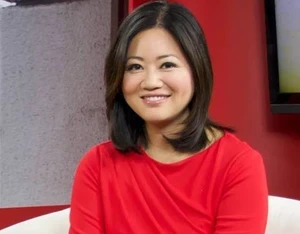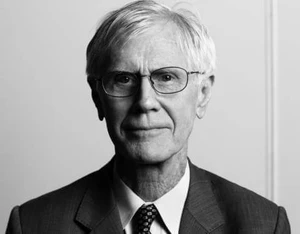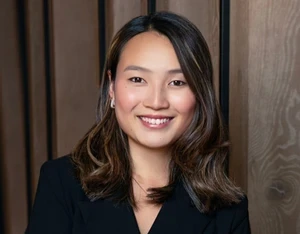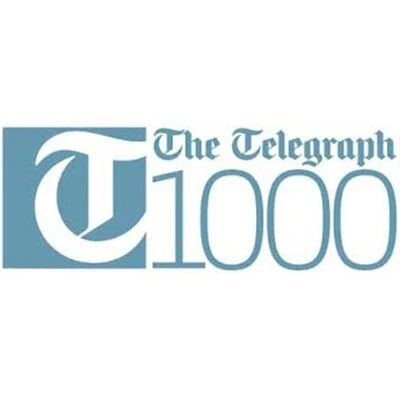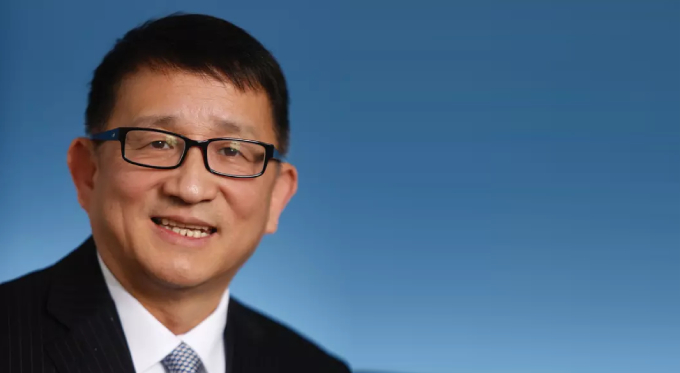
Dr. Cheng Li is an expert on Chinese leadership politics and Sino-US relations. As the founding director of the Centre on Contemporary China and the World at the University of Hong Kong, Cheng has shaped the discourse on global governance and Chinese political transformations. Cheng’s ability to explain complex political landscapes has made him a sought-after speaker in his field. Throughout his illustrious career, Cheng has been an influential figure at the Brookings Institution’s John L. Thornton China Center and has authored over nineteen books centred around geopolitics, government and policymaking.
Born and raised in Shanghai during the Cultural Revolution, Cheng's early experiences were shaped by a time of immense societal change. His academic journey began at East China Normal University, where he graduated in English Literature. He later pursued his postgraduate education in the United States, earning a Master’s in Asian Studies from the University of California, Berkeley, and a PhD in Political Science from Princeton University. Cheng’s early career included a fellowship with the Institute of Current World Affairs, during which he observed and documented grassroots changes in China.
Cheng’s career achievements are vast, including his appointment as Director of the John L. Thornton China Center in 2014 and his current leadership at the Centre on Contemporary China and the World. He has authored groundbreaking books such as ‘Middle Class Shanghai: Reshaping U.S.-China Engagement’ and ‘China-US Relations: Converging Visions in a Shifting Global Landscape’. Cheng is also a Distinguished Fellow at the Munk School of Global Affairs, a Nonresident Fellow at Yale University, and a member of the prestigious Council on Foreign Relations.
Audiences worldwide turn to Dr. Cheng Li for his unparalleled insights into China’s political dynamics and its role on the global stage. His talks cover critical issues such as technological development in China, Sino-US relations, and global governance, making him an essential voice for navigating today’s geopolitical challenges.
Books
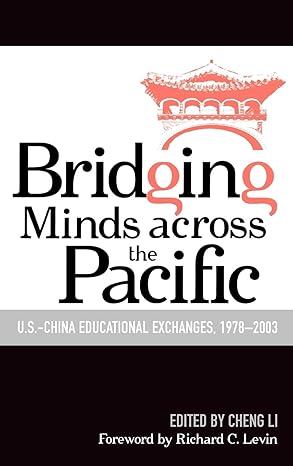
Bridging Minds: Across the Pacific The Sino-U.S. Educational Exchange 1978-2003
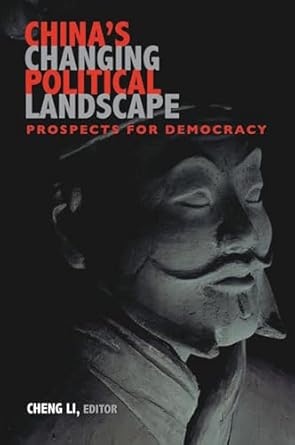
China's Changing Political Landscape: Prospects for Democracy
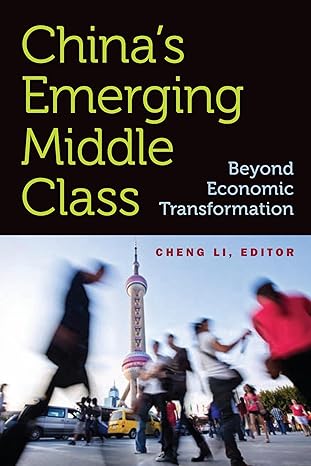
China's Emerging Middle Class: Beyond Economic Transformation
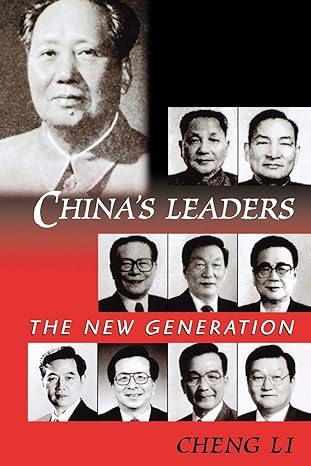
China's Leaders: The New Generation
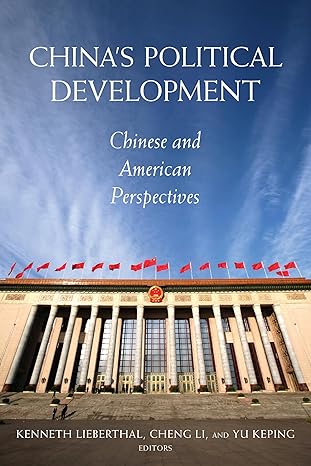
China's Political Development: Chinese and American Perspectives
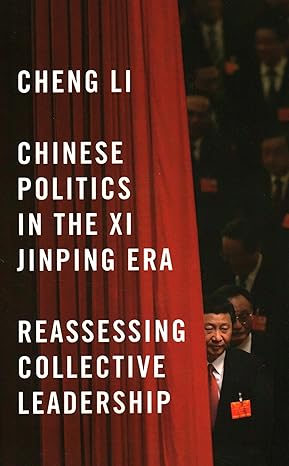
Chinese Politics in the Xi Jinping Era: Reassessing Collective Leadership (Geopolitics in the 21st Century)
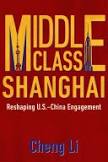
Middle Class Shanghai: Reshaping U.S.-China Engagement
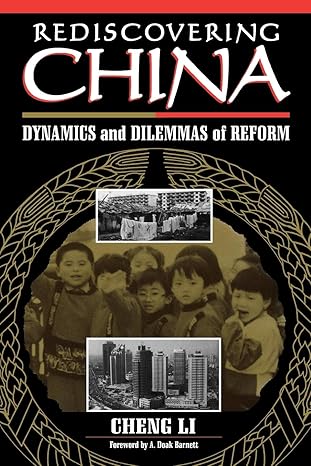
Rediscovering China: Dynamics and Dilemmas of Reform
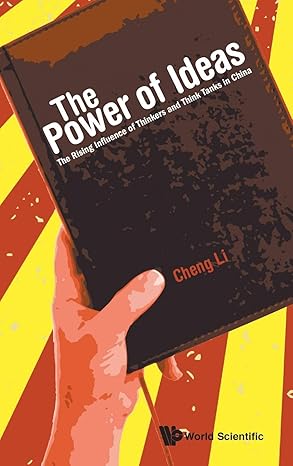
The Power of Ideas: The Rising Influence of Thinkers and Think Tanks in China
Dr. Cheng Li's official speaker topics are listed below:
- Chinese Leadership Politics
- Global Governance and China’s Role
- Sino-US Relations
- Technological Development in China
- The Rise of the Chinese Middle Class
- Transformation of Political Leaders
- 2024 – Published ‘China-US Relations: Converging Visions in a Shifting Global Landscape’
- 2023 – Appointed Founding Director of the Centre on Contemporary China and the World, University of Hong Kong
- 2021 – Published ‘Middle Class Shanghai: Reshaping U.S.-China Engagement’
- 2017 – Published ‘The Power of Ideas: The Rising Influence of Thinkers and Think Tanks in China’
- 2014 – Appointed Director of the John L. Thornton China Center, Brookings Institution
- 2006 – Became Senior Fellow, Brookings Institution
- 1997 – Published ‘Rediscovering China: Dynamics and Dilemmas of Reform’
How to hire Dr. Cheng Li
Contact the Champions Speakers Agency to provisionally enquire about hiring Dr. Cheng Li for your next event, today. To get in touch, simply call an official booking agent on 0207 1010 553 or email us at [email protected] for more information.
** We do NOT accept requests for autographs, signed merchandise, fan mail, birthday messages or any other non-commercial contact with the speakers or acts. Each speaker on the website may not have necessarily worked with Champions in the past but are known to perform such engagements within the industry.
